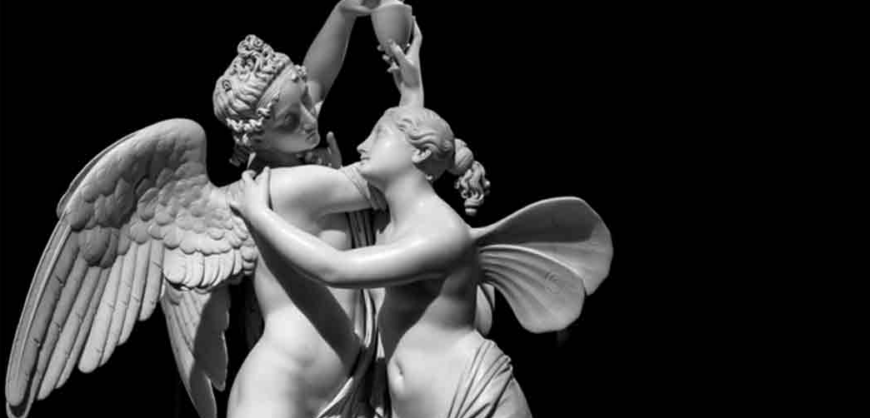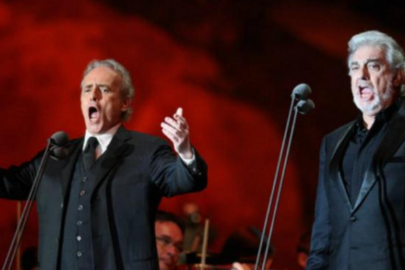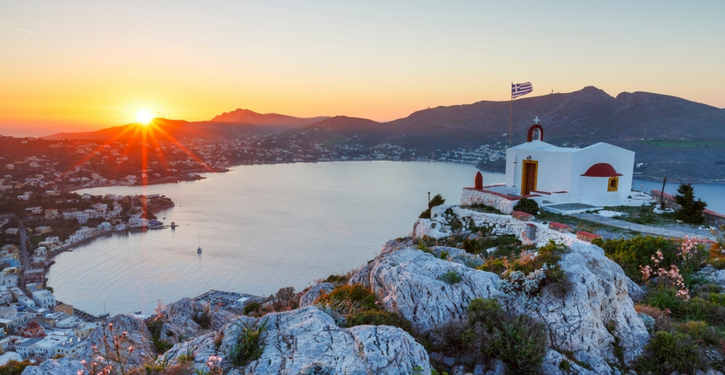Every year as Valentine’s Day approaches, people remind themselves that not all expressions of love fit the stereotypes of modern romance.
V-Day cynics might plan a “Galentines” night for female friends or toast their platonic “Palentines” instead.
In other words, the holiday shines a cold light on the limits of our romantic imaginations, which hew to a familiar script.
Two people are supposed to meet, the arrows of Cupid strike them unwittingly, and they have no choice but to fall in love.
They face obstacles, they overcome them, and then they run into each other’s arms.
Love is a delightful sport, and neither reason nor the gods have anything to do with it.
This model of romance flows from Roman poetry, medieval chivalry and Renaissance literature, especially Shakespeare.
But as a professor of religion, I study an alternative vision of Eros: medieval Christian mystics who viewed the body’s desires as immediately and inescapably linked to God, reason and sometimes even suffering.
Yet this way of thinking about love has even older roots.
How scientists reconstructed a huge statue of Emperor Constantine the Great in Rome
Centuries before Christianity, the Greeks had their own ideas about desire.
Erotic love was not a pleasant diversion, but a high-stakes trial to be survived, quivering with perilous energy.
These poets’ and philosophers’ ideas can stimulate our thinking today – and perhaps our loving as well.





































